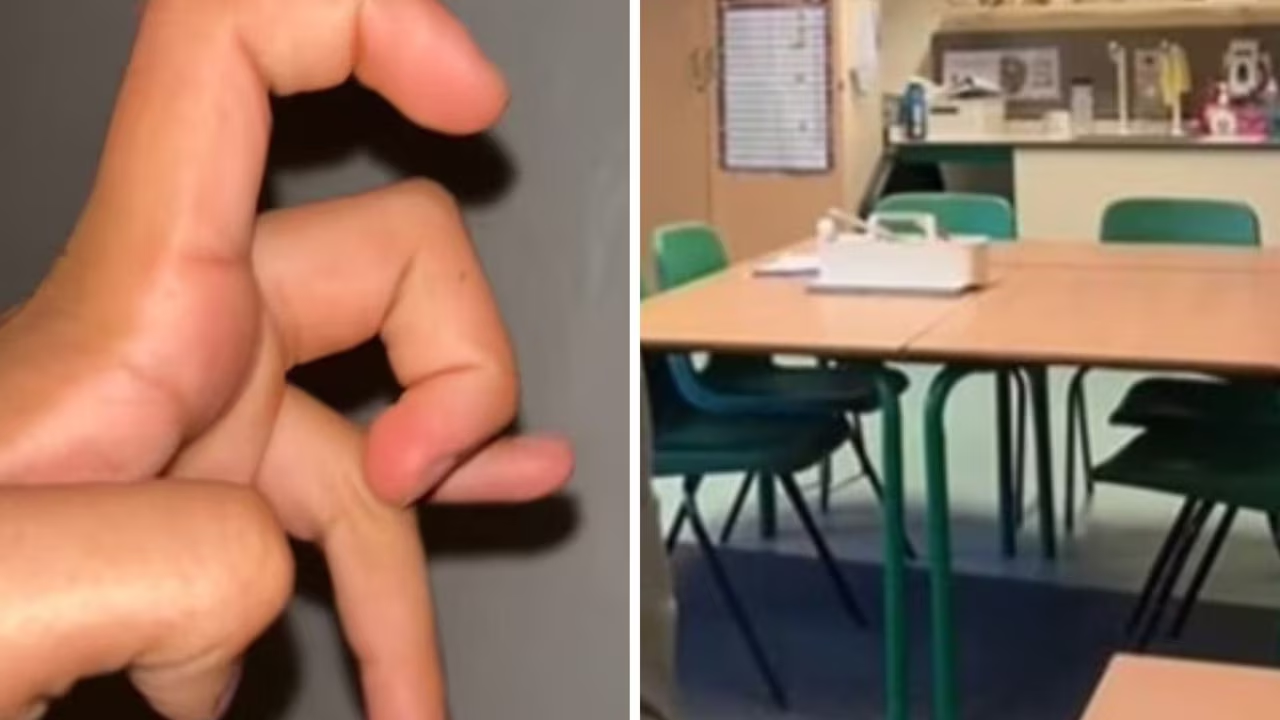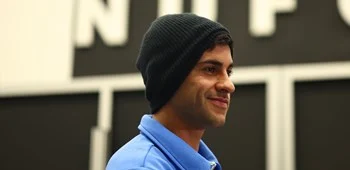‘American Idol’ Was A Lot Of Pressure, According To David Archuleta

Image: Shutterstock
What happens when two American Idol favorites sit down to talk about what really went on behind the cameras? In a new episode of What’s Your Spark?, David Archuleta opens up to longtime friend Jordin Sparks about the emotional toll of fame and the pressure of performing under the spotlight, experiences he faced before he was even old enough to process them. For both Sparks and Archuleta, the behind-the-scenes reality of the show was life-changing, but not always in the ways the fans might think.
The whirlwind of sudden fame on American Idol
Archuleta describes how the show transformed him almost overnight from a homeschooled teen into a national figure. “I was still trying to be liked, and I didn’t know who I needed to be to be liked, but it’s like I’d already been kind of like cast in the show as this likable next door neighbor kind of a teenager,” he remembers.
Being thrust into that role at just 17 years old created a pressure cooker that most adults would struggle to handle. “A lot of people…they’re rooting for me and counting on me to win. You feel the pressure where it’s like, you don’t want to let people down, especially as a people pleaser,” Archuleta says.
That pressure followed him home. Sparks remembers the hometown visits, with parades and thousands of screaming fans, and how disorienting it felt. Archuleta agrees, saying, “It was such an alienating experience because they build you up so much in your hometown, and you come back as this hometown hero in such a short amount of time.” This sudden shift in perception can be disorienting and overwhelming for anyone.
The pressure behind the performances
Viewers may have tuned in every week for the performances, but for contestants, the show was much more than singing. Sparks recalls battling illness during one of her most iconic performances and how producers made it clear she had no option but to power through. “I remember being so sick one week, and it was when we did British Invasion week, and it was when I did ‘I Who Have Nothing,’” she remembers. “I was so sick. My sinuses were completely full. I could barely stand up.”
She still went out on stage and delivered a career-defining moment, but she remembers the pressure: “‘If you don’t go out there, you can’t compete.’ And I was like, well, that’s not happening.”
For Archuleta, the intensity was both physical and emotional. “It’s just a pressure that’s kind of hard to describe to people,” he says. “Maybe people understand a little more now because of social media. And now everyone kind of has a platform, has the potential to just be able to say their experience in real time.”
Back in their era, there wasn’t an outlet for that kind of release. “There really wasn’t a place for us to release except with the other contestants, because they were the only people who understood what was happening around us,” Sparks adds.
Finding space to breathe after American Idol
Even years later, both artists admit it’s still challenging to process everything that happened so quickly. “I’m still processing things from years ago. I’m like, I did that. Yeah, I did that. That’s crazy,” Archuleta says.
At the same time, he’s honest about how difficult it can be to accept his accomplishments. “Sometimes it’s still hard to feel proud about certain things that people want to congratulate you for doing well,” he says. Sparks relates, explaining that when music starts to feel like a job, “it takes the soul out of it, it takes the fun out of it, and then it just becomes this regimented thing that you’re doing.”
Both agree that social media has only added to the pressure, with Archuleta pointing out, “It’s become a currency. Now you get jobs. You know, we get jobs from this. We get more views, which then turns into more streams, [and] everything is connected to social.”
Protecting the spark
Despite everything, both Sparks and Archuleta continue to create, perform, and connect with fans around the world. They’ve learned to find balance, even if it means setting boundaries. “I think we need to bring journals back, like written journals, so people can start putting that stuff in the journals again and not for everybody to see,” Sparks suggests, half-joking.
It’s a reminder that even in a world that constantly demands access, sometimes the best way to protect your spark is to hold part of it close.




